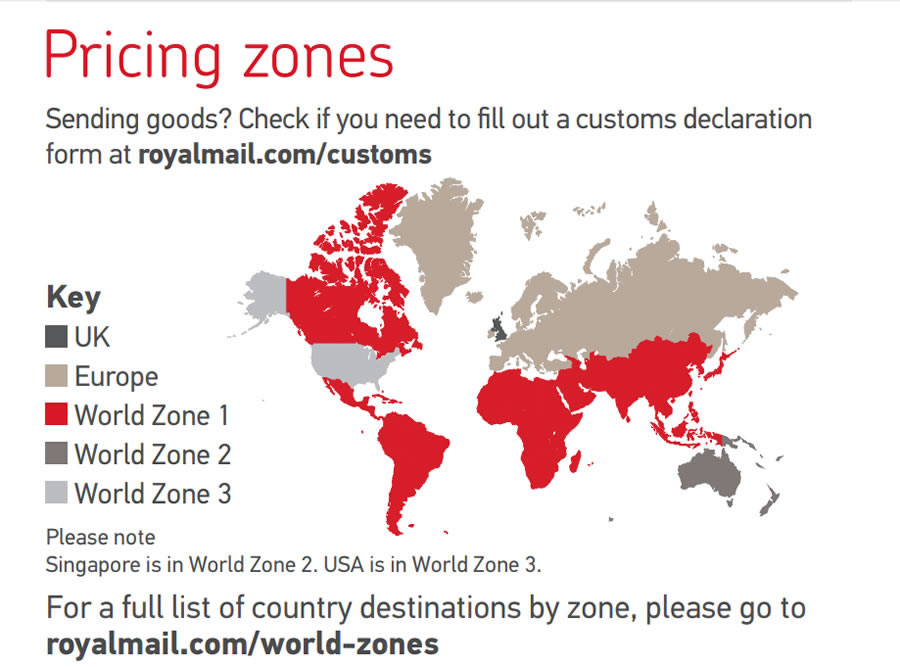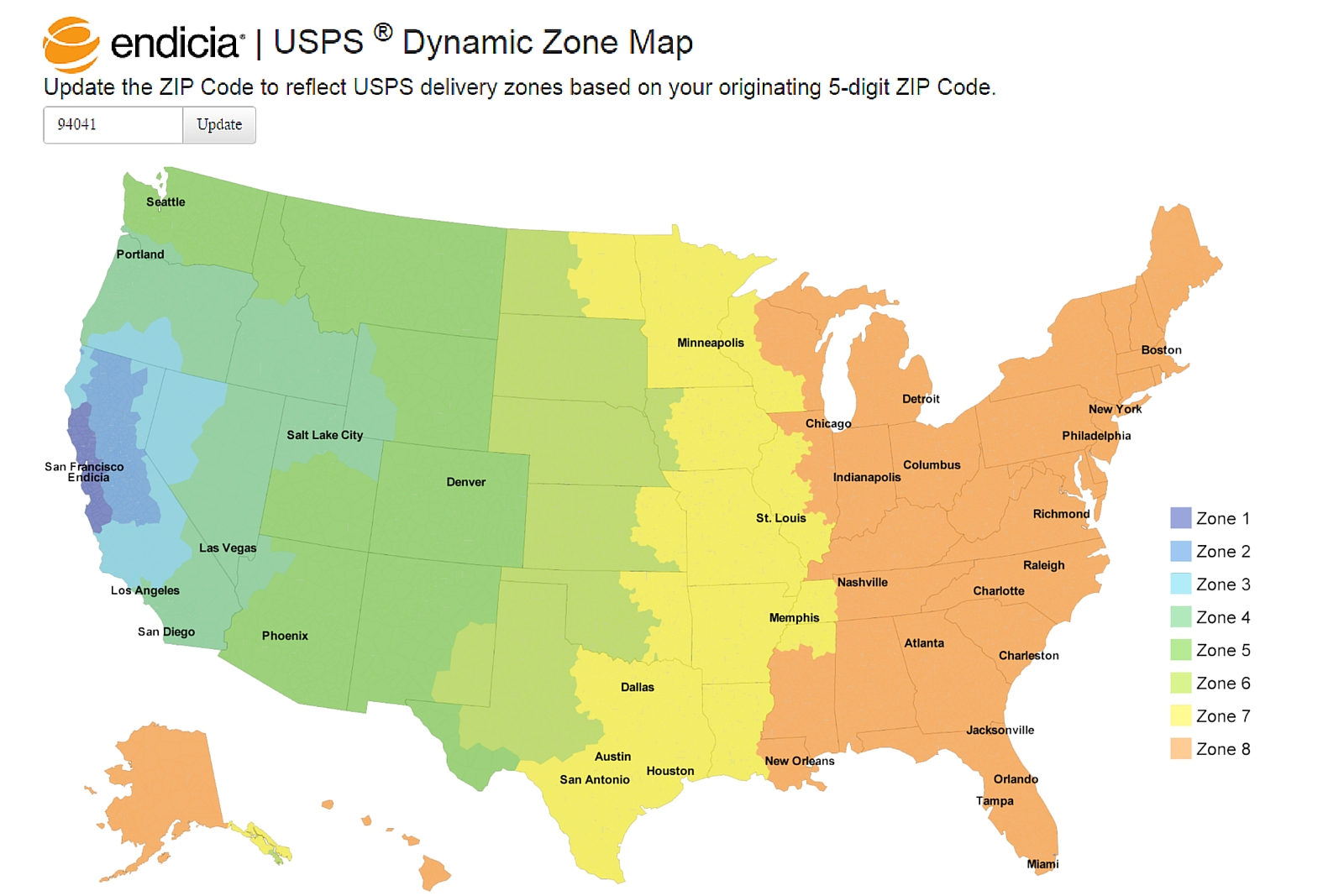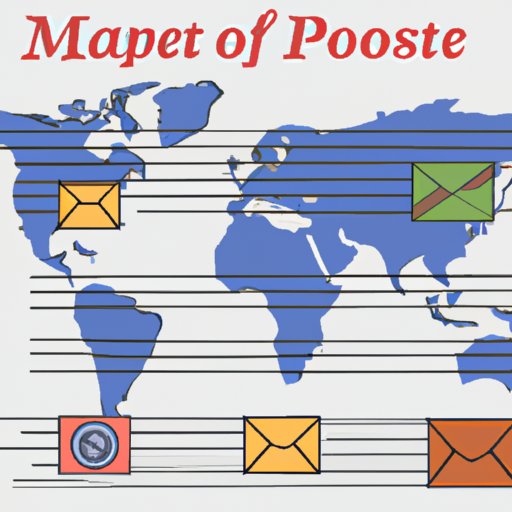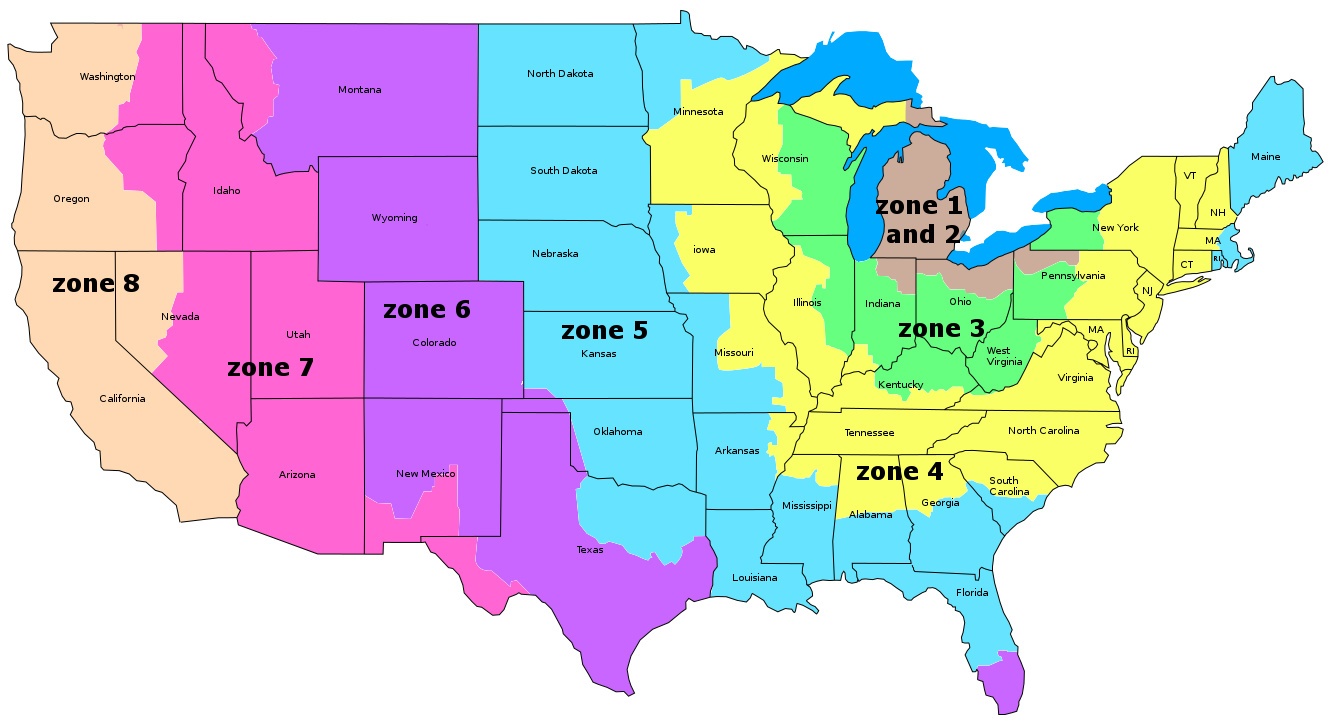Navigating the World of Postage Rates: A Comprehensive Guide to Postal Zone Maps
Related Articles: Navigating the World of Postage Rates: A Comprehensive Guide to Postal Zone Maps
Introduction
With great pleasure, we will explore the intriguing topic related to Navigating the World of Postage Rates: A Comprehensive Guide to Postal Zone Maps. Let’s weave interesting information and offer fresh perspectives to the readers.
Table of Content
Navigating the World of Postage Rates: A Comprehensive Guide to Postal Zone Maps

The seemingly mundane act of sending a letter or package often involves a crucial factor that dictates the cost of delivery: distance. To simplify the complex task of calculating postage based on geographical location, postal services worldwide utilize postal zone maps. These maps, often overlooked but essential, play a vital role in ensuring efficient and equitable pricing for mail delivery.
Understanding the Fundamentals of Postal Zone Maps
A postal zone map is a visual representation of a geographical area divided into zones based on their distance from a central point, typically a major postal hub. Each zone represents a specific distance range, with the zones further away from the central hub assigned higher numbers. This zoning system allows postal services to categorize destinations into distinct groups, facilitating standardized postage rates for each zone.
The Importance of Postal Zone Maps
Postal zone maps serve as the foundation for a fair and transparent pricing structure for mail delivery. Their importance lies in several key aspects:
-
Fairness and Transparency: By dividing geographical areas into zones based on distance, postal zone maps ensure that customers are charged a fair price for mail delivery, reflecting the actual cost of transportation. This fosters trust and transparency in the postal system.
-
Simplified Pricing: Instead of calculating individual rates for each destination, postal zone maps simplify the process by assigning standardized rates for each zone. This eliminates the need for complex calculations and ensures consistency in pricing.
-
Efficiency and Optimization: By grouping destinations into zones, postal services can optimize mail routing and delivery processes. This streamlines operations and contributes to efficient resource allocation.
-
Streamlined International Shipping: Postal zone maps are particularly crucial for international shipping, where distances and delivery complexities are significantly higher. They provide a standardized framework for calculating rates and facilitating seamless cross-border mail delivery.
How Postal Zone Maps Work
The process of determining postage rates using postal zone maps involves identifying the zone corresponding to the destination address. This is typically done through online tools, postal service websites, or physical zone maps. Once the zone is identified, the corresponding postage rate is applied based on the weight and type of mail being sent.
Navigating Postal Zone Maps: A Practical Guide
While the concept of postal zone maps is straightforward, navigating them effectively requires a few key steps:
-
Locate the Central Hub: Identify the central hub for the postal service you are using. This is typically the main sorting facility or a major city.
-
Find Your Destination Zone: Locate your destination address on the zone map and determine the corresponding zone number.
-
Consult the Rate Chart: Refer to the postage rate chart provided by the postal service to find the applicable rate for the identified zone, weight, and type of mail.
-
Consider Additional Services: For services like registered mail, express delivery, or insurance, additional fees may apply. These charges are often listed separately on the rate chart.
Frequently Asked Questions (FAQs) About Postal Zone Maps
Q: How are postal zones determined?
A: Zones are typically determined based on distance from the central hub, with further zones assigned higher numbers. The specific criteria for zone boundaries may vary depending on the postal service and geographical area.
Q: What happens if my destination address falls on the border of two zones?
A: In such cases, the higher zone number is generally applied. However, it is always recommended to consult the postal service’s guidelines for specific instructions.
Q: Are postal zone maps the same for all countries?
A: No, postal zone maps are specific to each country and postal service. The zoning system and rate structures may vary significantly across different regions.
Q: Can I use online tools to find my destination zone?
A: Yes, most postal services offer online tools and calculators that allow you to easily identify the zone corresponding to your destination address. These tools often provide convenient and accurate information.
Tips for Efficiently Utilizing Postal Zone Maps
-
Keep a physical zone map handy: Having a physical zone map readily available can be beneficial for quick reference.
-
Utilize online tools: Online calculators and tools provided by postal services are often efficient and user-friendly for finding zone information.
-
Check for updates: Postal zone maps and rate structures may change periodically. Ensure you are using the most current information.
-
Consider alternative shipping options: For larger packages or urgent deliveries, alternative shipping services might offer more competitive rates.
Conclusion
Postal zone maps, though often unnoticed, play a crucial role in ensuring efficient and fair pricing for mail delivery. By understanding their functionality and navigating them effectively, individuals and businesses can optimize their postage costs and ensure their mail reaches its destination promptly and securely. Embracing the use of postal zone maps allows for a smoother and more transparent postal experience, contributing to a well-functioning and reliable mail delivery system.








Closure
Thus, we hope this article has provided valuable insights into Navigating the World of Postage Rates: A Comprehensive Guide to Postal Zone Maps. We thank you for taking the time to read this article. See you in our next article!